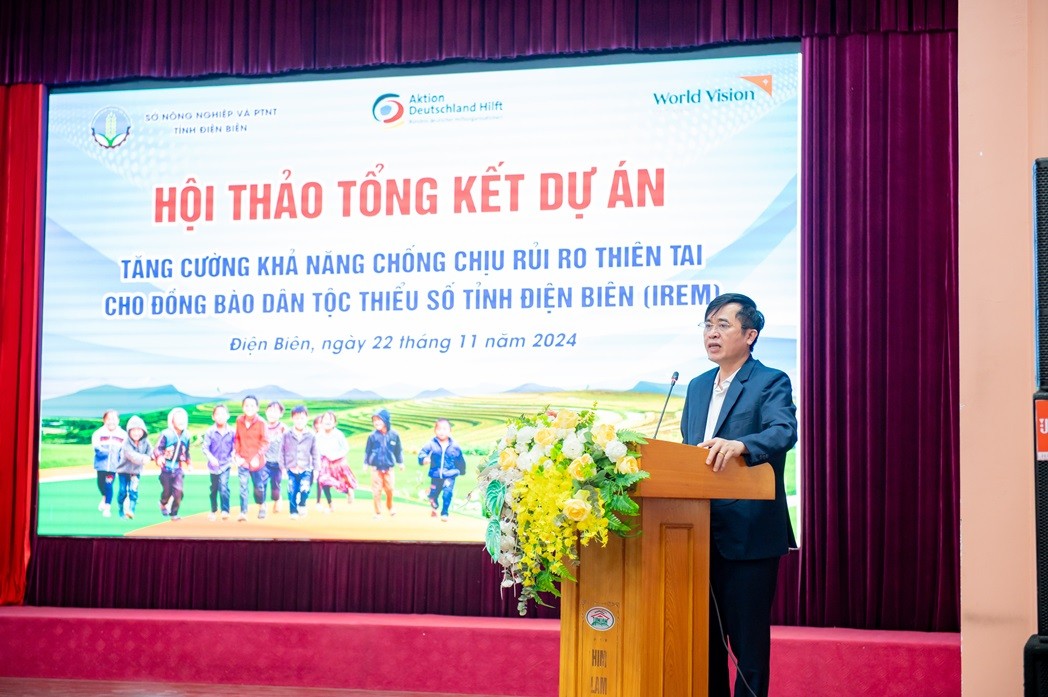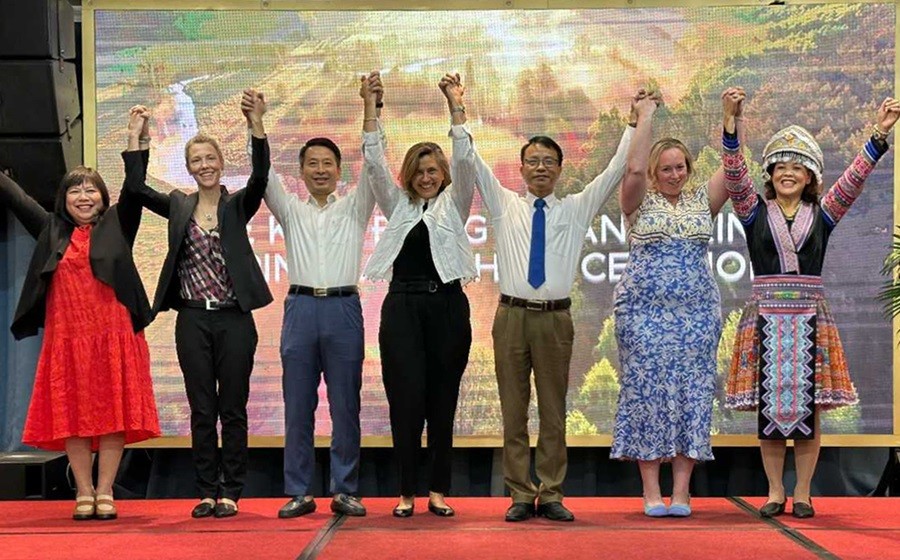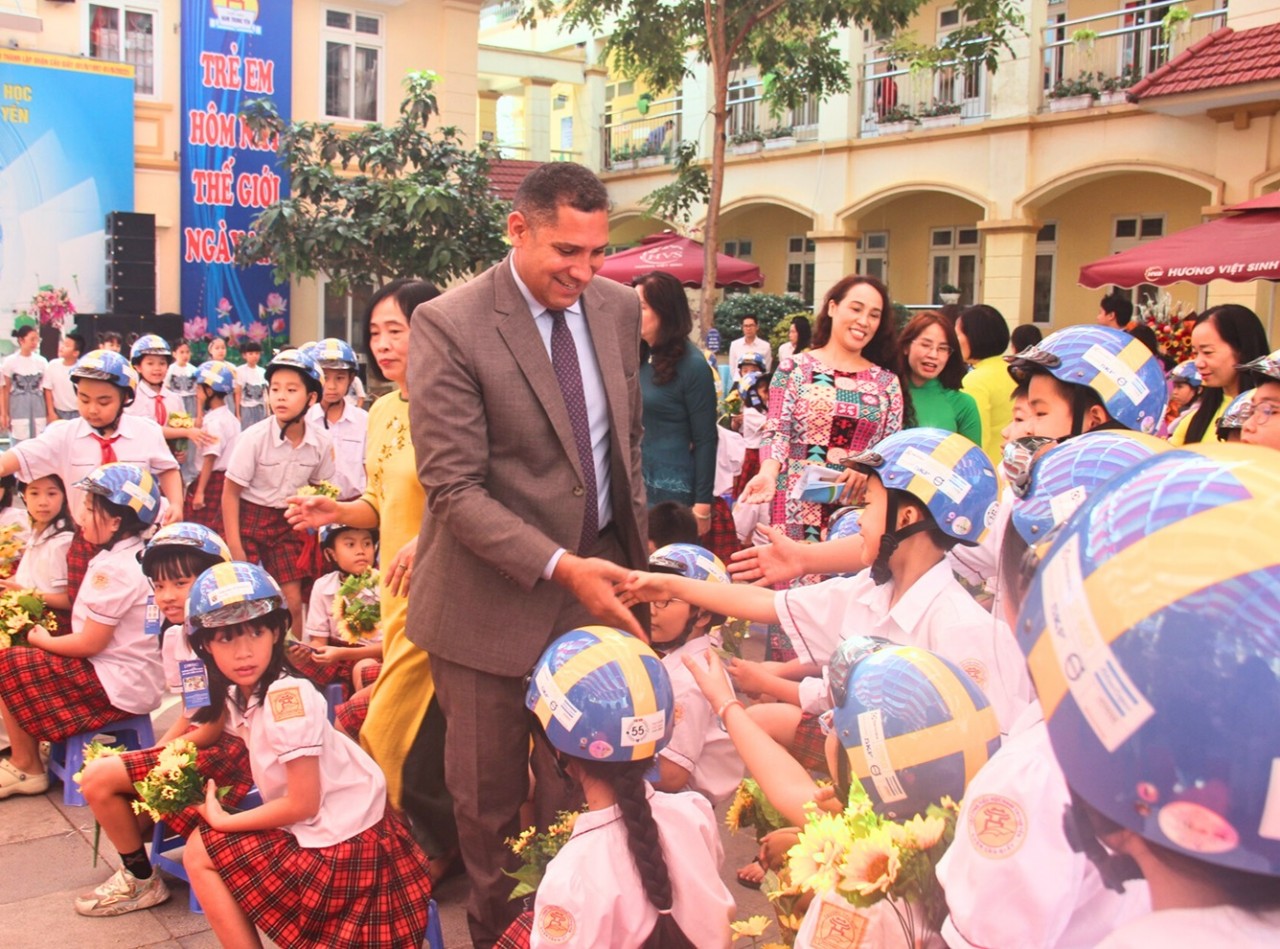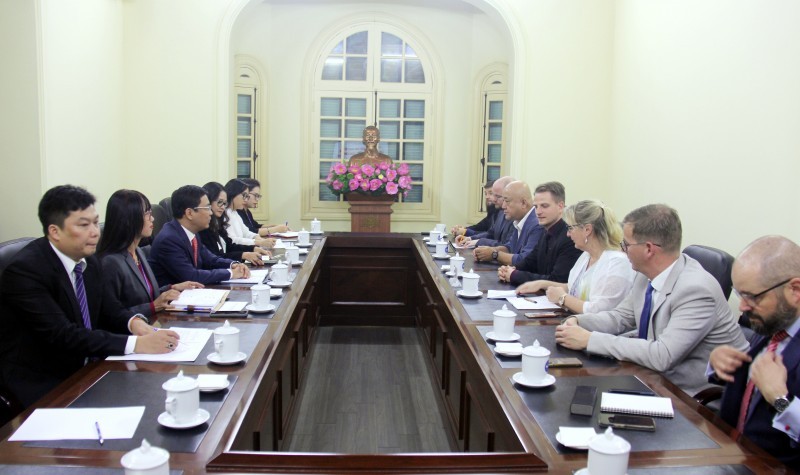Parliamentary Elections in Maldives would be a test for President Muizzu
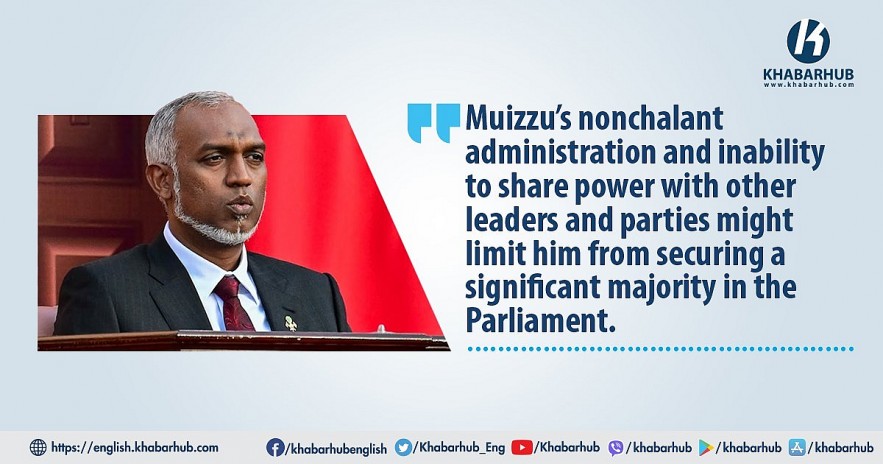 |
| President Mohamed Muizzu/Photo: AFP |
Led by Ibrahim Mohamed Solih, this was the first time a single party was able to get such a high number of seats in the parliament in Maldivian history.
The 2024 Maldivian Parliamentary election has been slated for 17 March 2024. This was disclosed by the Election Commission (EC) of Maldives on 10 January 2024.
Maldives has followed a system of Executive Presidency since 1968. Post political reforms in 2004 political parties were registered in 2005 and a new Constitution adopted in 2008.
That charted the path towards Presidential elections every five years with a multi-party system.
“Both sides also agreed on a set of mutually workable solutions to enable continued operation of Indian aviation platforms that provide humanitarian and medvac services (medical evacuation) to the people of Maldives,” the Ministry added.
Before the presidential elections in Septembet 2023, Former President Nasheed of the ruling MDP had said that Beijing “intentionally inflated” the price of developmental projects it funded in the developing world. He added that “it was a mistake that we took part in the Belt and Road Initiative” under Yameen’s rule.
With records and details not transparently laid out concerning China’s economic and development engagement with Malé, the Maldivian finance minister has previously stated that he used his first week in office “trying to reconcile loans that the previous government took for these projects and the sovereign guarantees that it gave for them,” as the government had no idea how much was owed to China.
Domestic issues for the country that feature in electoral campaigning primarily revolve around development, corruption, the environment and violent extremism.
Simmering behind domestic politics in Maldives, India and China’s activities in the country have added to political divisions and polarization.
Since Muizzu’s election, a diplomatic tussle has been underway between Maldives and India over several issues.
The diplomatic row began with Muizzu demanding India withdraw its troops from the island nation within 24 hours of his swearing-in. India has a deployment of about 80 personnel, including medical staff, to operate three aircraft to patrol the archipelago’s vast maritime territory.
Muizzu’s decision to visit Turkey after swearing in and breaking the tradition of making New Delhi the first international destination as a nod to India’s influence in the island nation also raised eyebrows.
The tension further escalated after unruly comments by three Maldivian ministers on social media against Prime Minister Narendra Modi after he posted some pictures from his Lakshadweep visit.
The Maldives agreed to allow a Chinese research vessel to dock at Male port against India’s apprehension about the Chinese navy’s growing forays in the Indian Ocean.
As per geostrategist Brahma Chellaney, China is aggressively engaged in mapping the Indian Ocean bed and collecting seismic and bathymetric data to facilitate submarine operations in India’s maritime backyard.
“And the Maldives, under its new Islamist-leaning, pro-China president, is becoming an enabler.”
The two sides decided to set up a Core Group following a meeting between Prime Minister Narendra Modi and Muizzu on the sidelines of the COP28 summit in Dubai in December.
As per latest reports, President Mohamed Muizzu keeps witnessing political turmoil in the country as the island nation’s two main opposition parties – the Maldivian Democratic Party (MDP) and The Democrats Party – have now chosen not to attend the presidential statement scheduled for 05 February 2024.
They thereafter met in the national capital to decide on the same.
“During the meeting, both sides continued their discussions on wide ranging issues related to bilateral cooperation towards identifying steps to enhance the partnership, including expediting the implementation of ongoing development cooperation projects,” said the Ministry of External Affairs in a statement.
“Both sides also agreed on a set of mutually workable solutions to enable continued operation of Indian aviation platforms that provide humanitarian and medvac services (medical evacuation) to the people of Maldives,” the Ministry added.
“Both sides agreed that the Government of India will replace the military personnel in one of the three aviation platform by March 10 and will complete replacing military personnel in the other two platforms by May 10,” the Maldivian foreign ministry said in a statement after the meeting.
Maldives’ opposition parties have been expressing concerns over its govt’s ‘anti-India’ stance.
In the last week of January, an MP of the Maldivian Democratic Party in Opposition said that his party along with others has garnered enough signatures to file for an impeachment motion against Muizzu.
He, however, added that the Opposition is yet to submit it in the Parliament.
The development came a day after violence erupted in the Maldives Parliament as government MPs from the pro-government parties People’s National Congress (PNC) and Progressive Party of Maldives (PPM) disrupted proceedings and confronted the Speakers.
The move for an impeachment motion less than three months after President Muizzu took office is attributed to two primary reasons.
Firstly, the President’s policies are perceived as putting the Indian Ocean Region at risk and secondly, concerns were raised about his interference in the proper functioning of Parliament, allegedly utilising financial influence and military support.
In a related development, most Indian tourists appear to be heading to Sri Lanka after a diplomatic row between India and the Maldives.
As a result of this, Sri Lanka received more tourists than Maldives in January 2024. Male-based news outlet Adhadhu reported that tourist arrivals in Sri Lanka lagged behind the Maldives over the past four years.
But in January, Sri Lanka surpassed Maldives in tourist arrivals. Last month, 192,385 tourists visited the Maldives, while 208,253 tourists visited Sri Lanka – up by over 1 lakh recorded in last January.
Muizzu’s mentor, former president Abdulla Yameen, who ruled for five years until 2018, borrowed heavily from Beijing for construction projects.
As per latest reports, President Mohamed Muizzu keeps witnessing political turmoil in the country as the island nation’s two main opposition parties – the Maldivian Democratic Party (MDP) and The Democrats Party – have now chosen not to attend the presidential statement scheduled for 05 February 2024.
The news was confirmed by Maldives-based media outlet Mihaaru.
In a sign of looming political crisis for President Muizzu only 24 MPs attended the opening sitting of the 87-seat parliament on 05 February.
A total of 56 MPs boycotted the sitting over the ‘undemocratic ways of the government’.
As per latest review of the country’s economy, the International Monetary Fund (IMF) said, “The Maldives remains at high risk of external and overall debt distress”. IMF did not give details of the Maldives’ foreign debt but said there was a need for “urgent policy adjustment”.
“Without significant policy changes, the overall fiscal deficits and public debt are projected to stay elevated.”
Muizzu’s mentor, former president Abdulla Yameen, who ruled for five years until 2018, borrowed heavily from Beijing for construction projects.
That left Maldives owing 42 per cent of its more than $3 billion foreign debt to China in 2021, according to the World Bank.
As far as India-Maldives relations are concerned, election results in the Maldives are unlikely to alter the basic foundations of bilateral relations.
Historical and civilisational linkages and geographical proximity are important factors that shaped India-Maldives relations, particularly security relations, in the last four decades.
Respect for each other’s sovereignty and territorial integrity is recognised as a crucial aspect of bilateral relations and is not dependent entirely on the government in place both in Male and in New Delhi.
There is a certain degree of continuity in the ties.
Voter turnout for the polls is expected to be lower than the 2023 presidential election as the elections are coinciding with the fasting month of Ramadan.
With parliamentary elections scheduled for 17 March, President Muizzu faces a crucial test, lacking adequate parliamentary backing to pass legislation or implement policies.
His political position is further weakened after his former boss, President Yameen, split from the ruling party to form his own.
Muizzu’s nonchalant administration and inability to share power with other leaders and parties might limit him from securing a significant majority in the Parliament.
Further, with parties like the Democrats, MDP and PNF taking an open stance against Muizzu, the new Parliament will continue to contribute to the ongoing struggle between the Parliament and the President, paving the way for more uncertainty and instability.
Most read
Recommended
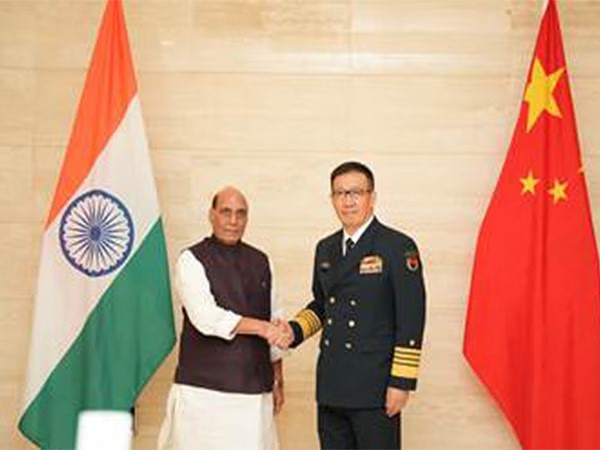 World
World
Indian Defence Minister: India-China needs to move from disengagement to de-escalation
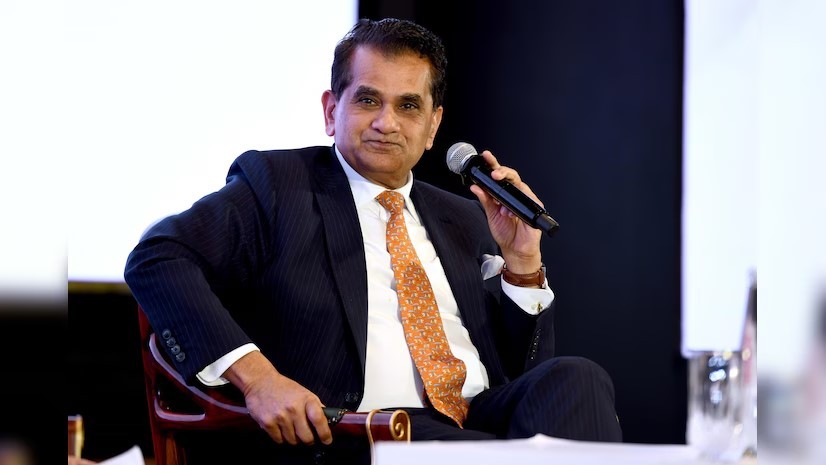 World
World
India bringing legacy of New Delhi declaration: Kant ahead of G20 Summit
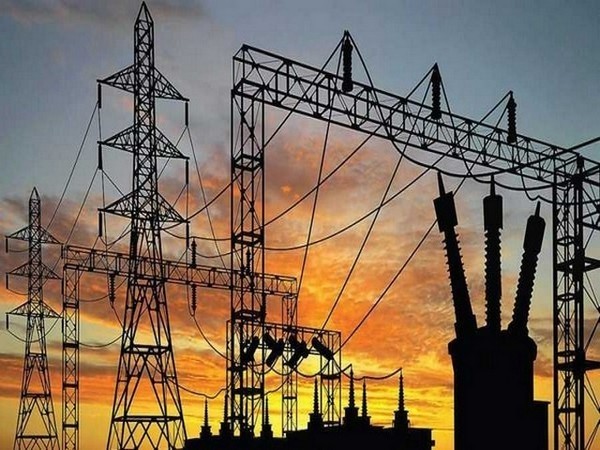 World
World
India, Nepal, Bangladesh launch first trilateral power flow transaction from Nepal to Bangladesh
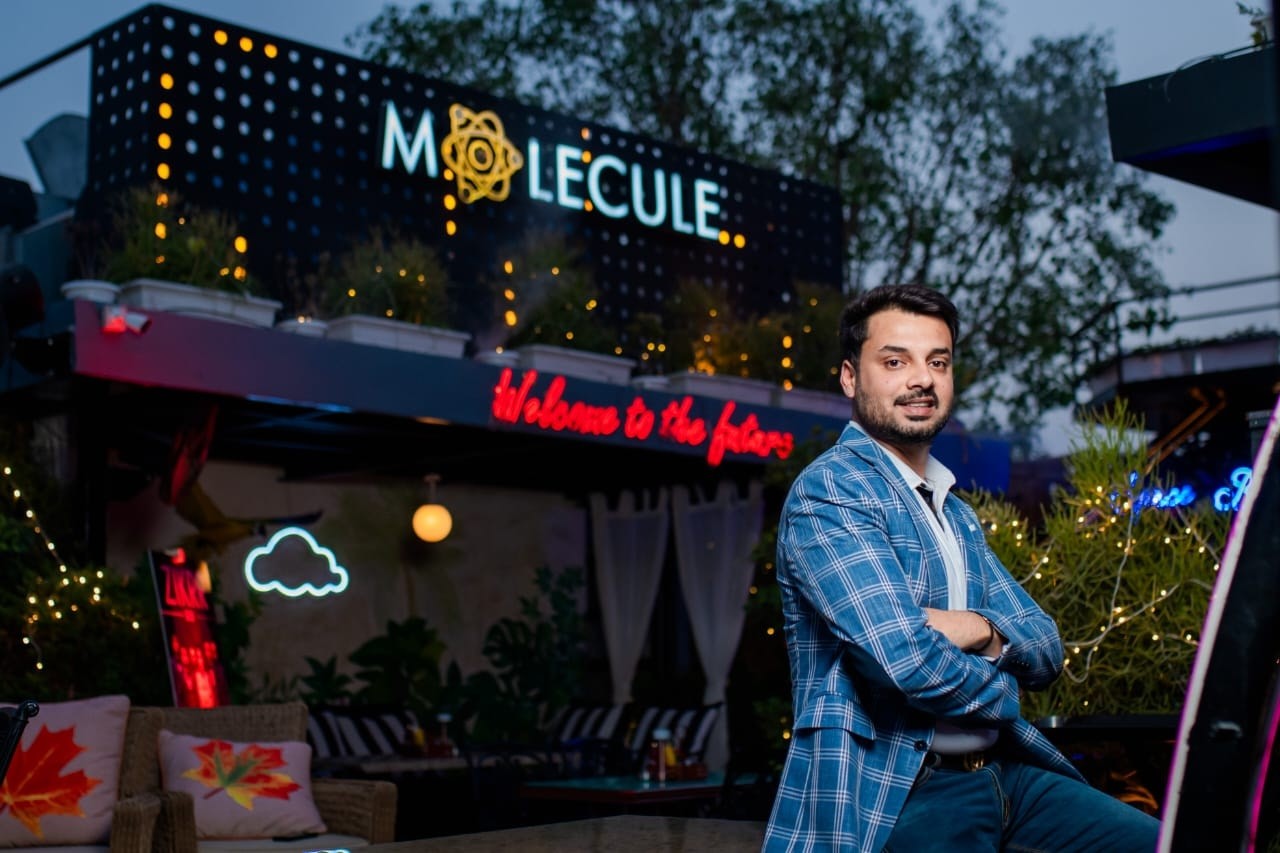 World
World
Indian Restaurateur Brings Vietnamese Cuisine to India
Popular article
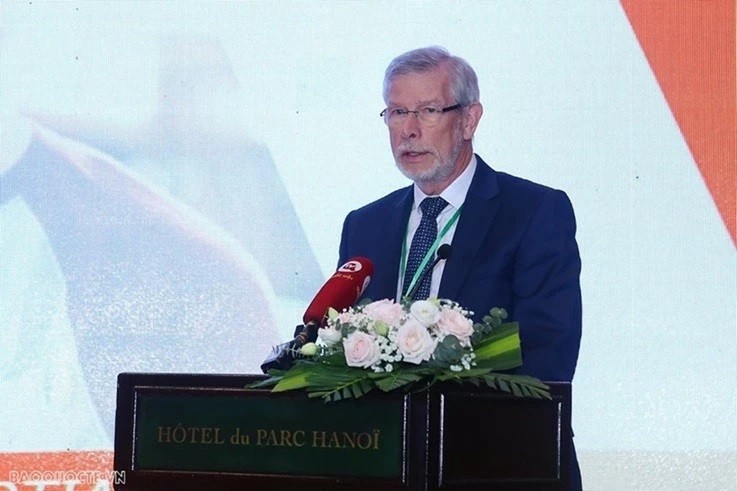 World
World
Belgium's Experience in Dealing with Land Border Issues
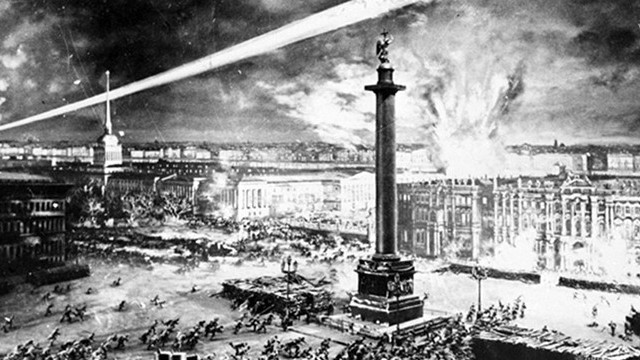 Focus
Focus
Commemorating 107th Anniversary of the Russian October Revolution: People's Revolution
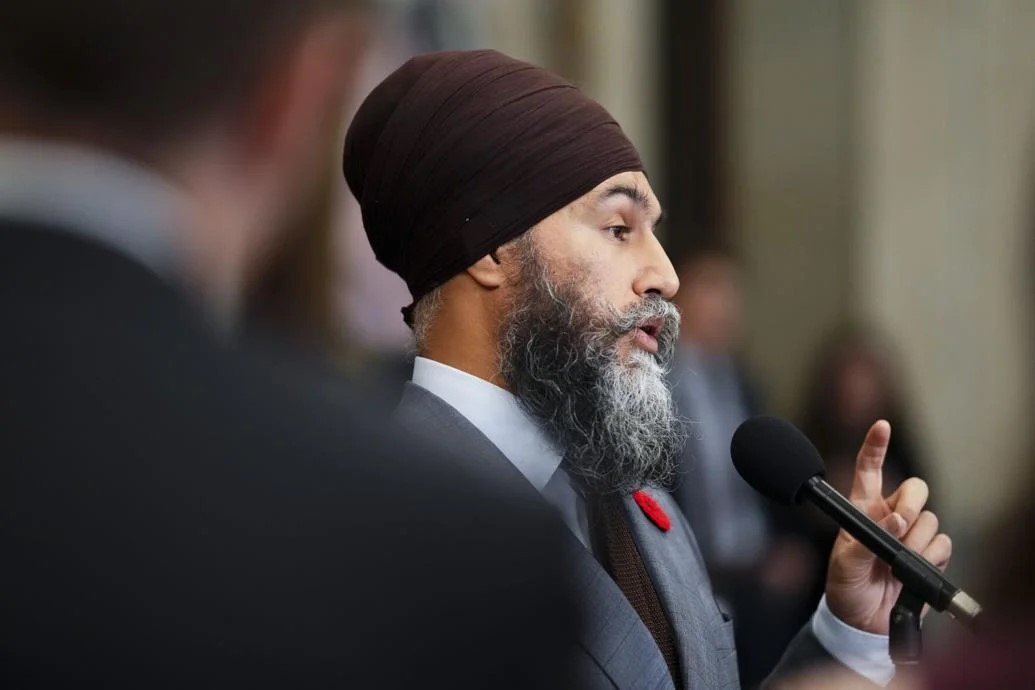 World
World
Liberal MP spars with Jagmeet Singh over weekend clash at Hindu temple in Brampton
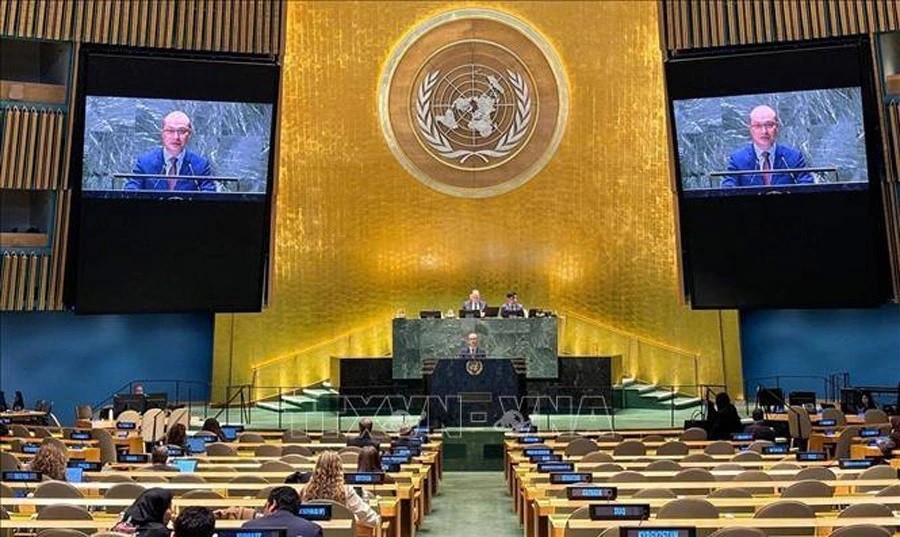 World
World




